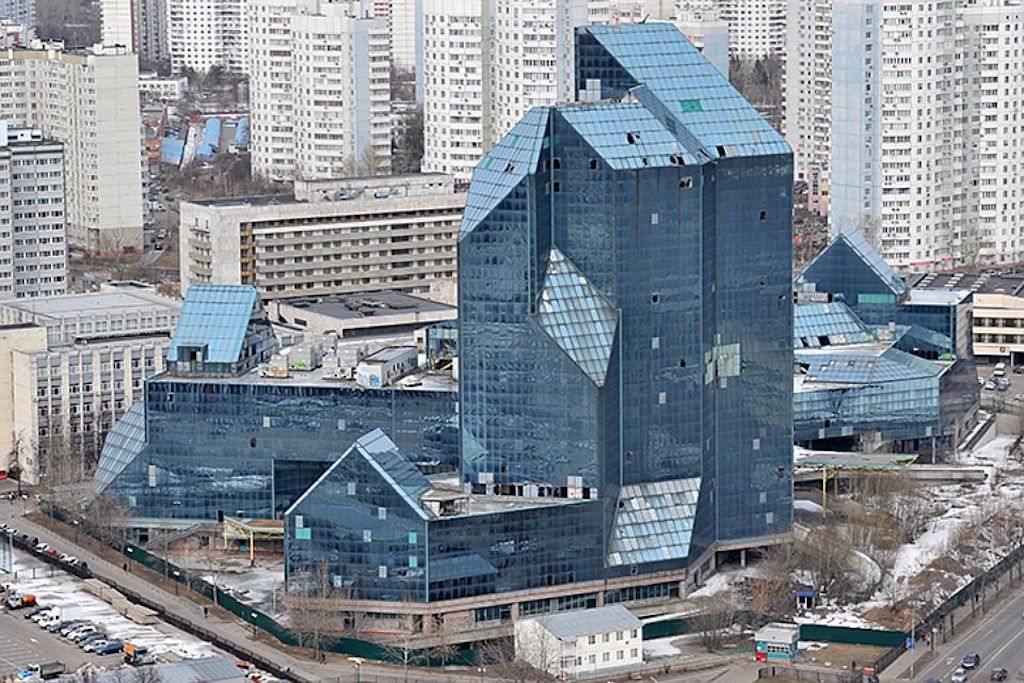A Few More Disorganized Thoughts on Belausov
I have a few more thoughts based on what I have heard and read over the weekend. A few commentators, for example, Vladimir Milov, have referred to Belausov as a statist, Gosplan planner, and Keynesian. There are a few issues with those characterizations.
First, in practice, the stereotypical Gosplan central planning style is deeply at odds with Keynesianism. Keynesianism, broadly construed, is a broad church containing everyone from Stephanie Kelton to Greg Mankiw. However, one thing all people who might, in one way or another, be identified as drawing on something from Keynes have in common is that there is at least some degree of demand side impact to the economy's adjustments. The most dogmatic version of Gosplan-style central planning rejected demand-side economics completely because the whole point of being a socialist economy is that the planned nature of the economy meant that demand did not guide any supply decisions. Rather, it was all the scientific approach of the Party-State that guided the development of the material basis of production, aka the supply side. Most of the reformist critiques of the USSR's planning system had some level of a demand side, including that of the NIIE.
The other thing to note is that NIIE was a Gosplan institution, but it did not agree with Gosplan's main line. In fact, many in Gosplan did not. Gosplan was a complicated machine, and someone very masochistic could do a great project on its history (Russian-speaking historians have written several, and they are slogs). I also make this mistake in my academic writing when I sometimes refer to a position as "Gosplan's" when it really isn't that of the agency as a whole but of its specific leadership. But the "Gosplan science" of economic monitoring and forecasting, as some of its veterans called it, isn't always what Gosplan the agency wanted in internal Soviet politics.
Finally, is Belausov a Keynesian? That's a hard question because, as I said above, Keynesianism is a broad church that rarely agrees over the term's meaning. I think you can argue that he is, to some extent, because, in the broad scheme of things, you can see some Keynesian-style thinking in his broader school. For example, the role of mismatch between demand, which exists in the USSR like in any economy, and supply, which isn't responding to demand. So, the entire story is about imperfect competition.
From there, you can go two ways. One way is the broadly defined "Gaidar" path, which thinks this imperfect competition is because of a political oligarchy that distorts prices, so the political conclusion is that you have to smash that group and its power over the state. Or you could go Belousov's path and argue that any unguided system will have reasons for hysteresis and path dependency, which requires some state investment strategy. But you can get to both paths without Keynes and with Marxian reproduction. This whole mess isn't really relevant and hard to untangle. Still, the point is, to people who use the term Keynesian derisively to mean statism and Gosplan-style planning (frankly, this is a very Russian language phenomenon), that's not really a fair characterization of Belausov and his intellectual heritage.
Where I do agree with Milov is that Belausiv won't be able to do much in the MOD. However, that doesn't indict him as an economist. In fact, there are many things he says and has tried to do that I would actually think are good ideas for Russia and not illiberal. Indeed, Russia underinvested its budget surplus and sat on its reserves like a dragon, losing them anyway. But frankly, it's not really his fault that many of these big ideas didn't work out because the Russian state is very weak. For example, it's not really capable of running an industrial policy because power depends on corruption and non-formal governmental procedures. In the end, I don't think he'll be able to actually clean out and optimize the Russian military-industrial complex because no one can. It's not because he is a statist, a Gosplanner, or a Keynesian.
This applies to the events of the 80s and 90s too. Many good ideas of the Belausovs of the 80s and 90s couldn't really be implemented. Converting enterprises focused on the Soviet military to produce consumer goods that could eventually be exported to developing markets and then eventually to developed markets was, in theory, not a bad idea. However, it would need a lot of expertise and capital because it needed retooling, strong bureaucracy, and management. It would also need a developed domestic consumer market. Russia and, generally, the ex-Soviet Union never established a rule of law, a system of professional governance, a strong business elite, or an organized labor movement. None of the things that would allow for a politics that produces a strong state existed. Someone once told me that those kinds of plans required screwdrivers, and all that existed were hammers. The policies of the time reflected that reality. I don't think much has changed since then.
